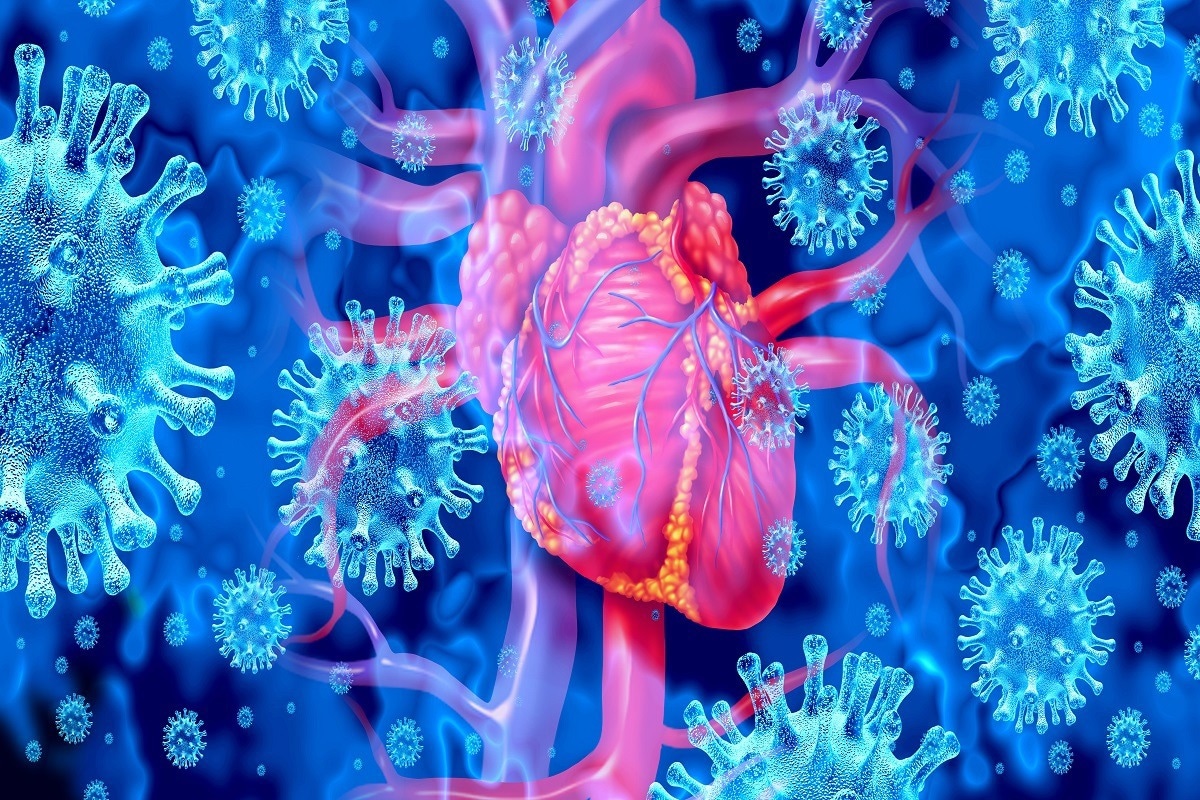A recent study published in the Journal of Cardiac Failure investigated the safety profile of coronavirus disease 2019 (COVID-19) messenger ribonucleic acid (mRNA) vaccines in individuals with a history of myocarditis.
 Study: Is the mRNA COVID-19 vaccine safe in patients with a prior history of myocarditis? Image Credit: Lightspring/Shutterstock
Study: Is the mRNA COVID-19 vaccine safe in patients with a prior history of myocarditis? Image Credit: Lightspring/Shutterstock
The COVID-19 mRNA vaccines from Pfizer (BNT162b2) and Moderna (mRNA-1273) have significantly reduced hospitalizations and deaths. However, there have been multiple reports of myocarditis resulting from mRNA vaccination. Nevertheless, the Centers for Disease Control and Prevention (CDC) recommends the continued use of these vaccines, given the benefits and the relatively benign course of vaccine-induced myocarditis. The safety of these vaccines in adults and children with prior myocarditis remains unclear.
The study and findings
In the current study, researchers assessed mRNA vaccination safety among patients with prior history of myocarditis. Adults and children cared for at the Cleveland Clinic were identified through electronic health records (EHRs) with a history of myocarditis before the COVID-19 pandemic. Subjects were double vaccinated with an mRNA vaccine.
The team reviewed patient charts to retrieve demographic data, clinical information, date of myocarditis diagnosis, vaccination dates, and post-vaccination medical encounters. Thirty-four double-vaccinated patients with prior myocarditis were identified. The median age of subjects was 29 years at the initial myocarditis episode.
Most participants were males (67.6%) and of White ancestry (85.3%). The initial myocarditis episode was diagnosed clinically for most subjects (58.8%). Twenty-seven (79.4%) individuals were vaccinated with the BNT162b2 dose, and 26 patients were triple vaccinated. Most patients (91.2%) had a subsequent medical encounter post-vaccination. Patients were followed up for a median time of nine months post-second vaccination.
Myocarditis recurred only in one patient (a White male) after the second vaccination that was confirmed by cardiac magnetic resonance imaging (MRI). The patient was 27 years old at recurrence with an initial episode at 20 years. After two days of receiving the mRNA-1273 vaccine, the patient suffered from chest pain.
The cardiac MRI revealed a normal biventricular function and size, albeit with sub-epicardial delayed enhancement involving the distal lateral segment and the basal inferior and inferolateral wall. The distal segment enhancement was new in the recurrent episode compared to the MRI at the initial episode. The patient required hospitalization without any cardiac support and had no arrhythmias. After discharge, the patient was stable for up to six weeks of the follow-up period.
Conclusions
The study found only one patient with a recurrent episode of myocarditis following the mRNA vaccination. Other studies have also reported that White males aged 30 or below frequently experience post-vaccination myocarditis. Notably, the initial episode of myocarditis in most individuals occurred five to six years before COVID-19 vaccination; therefore, future studies should examine the safety of mRNA vaccination in those with a more recent (< 1 year before vaccination) episode of myocarditis.
The single-center investigation of patients limits the generalizability of the findings. Patients with a pre-COVID-19 history of myocarditis were considered, precluding the recurrence risk assessment for those with COVID-19- or mRNA vaccination-induced myocarditis. In conclusion, the risk of myocarditis recurrence was low in this cohort with a history of non-COVID-19 myocarditis; however, large-scale studies are required to confirm these results.